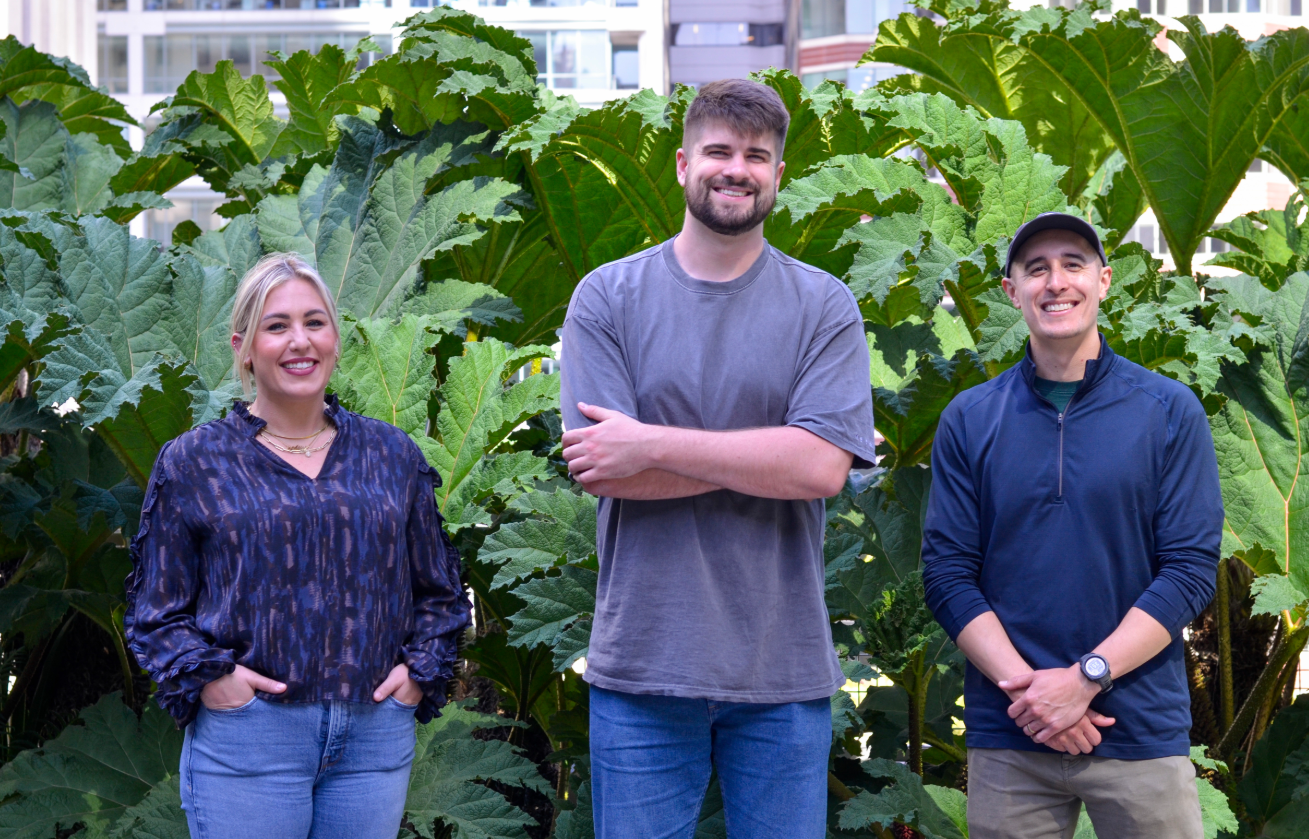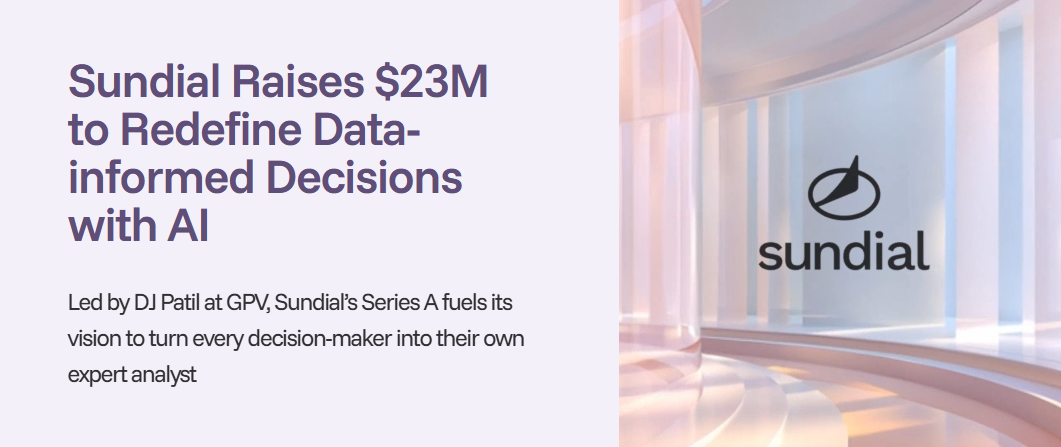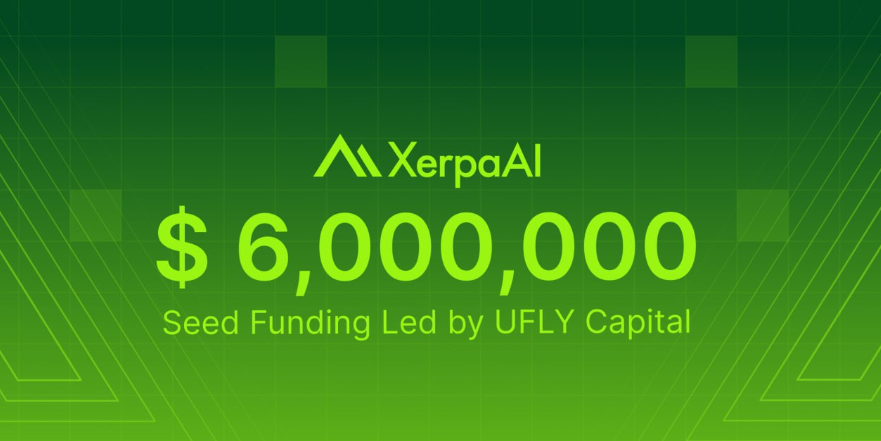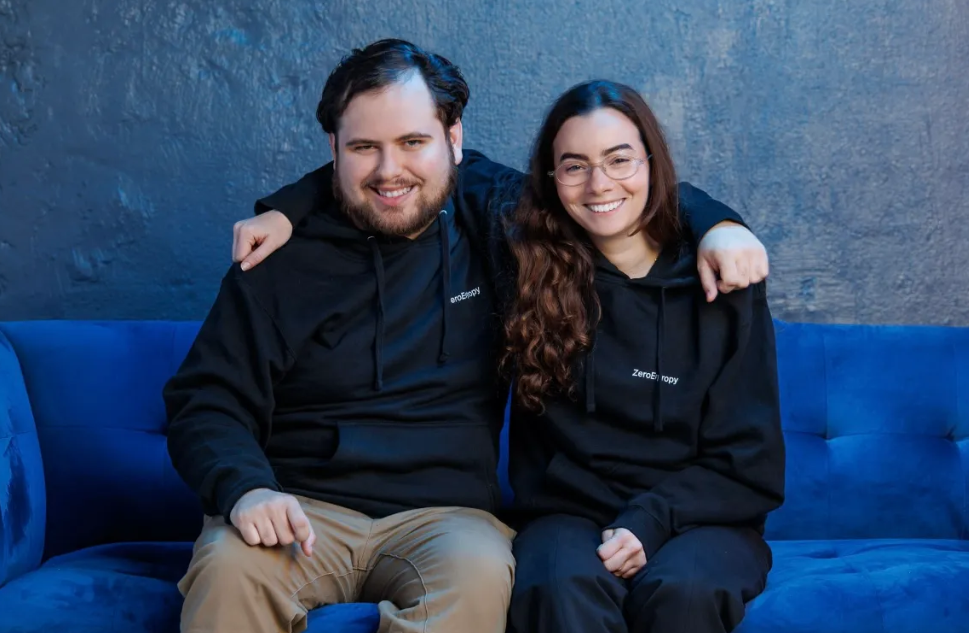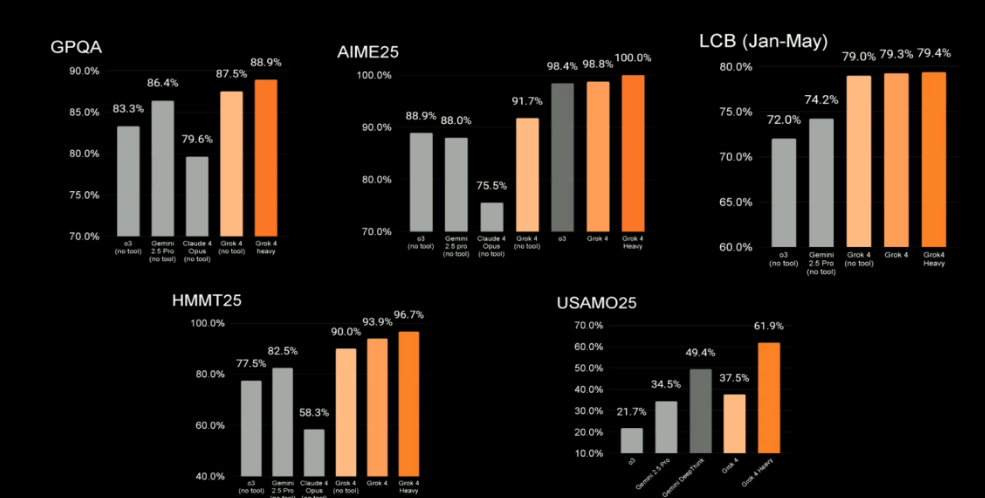Insider Brief
- A new Aging cover study reviews ARDD 2023 insights, highlighting AI, biomarkers and geroscience advancements aiming to extend healthspan and reduce age-related diseases.
- The paper suggests AI-driven biomarker analysis detects early aging signs, allowing healthcare to target aging itself, potentially preventing multiple age-related conditions.
- Led by experts, the study emphasizes AI’s role in creating “aging clocks” to estimate biological age and health risks, transforming personalized treatment and preventive care.
PRESS RELEASE — A new research paper, published as the cover of Aging entitled, Longevity biotechnology: bridging AI, biomarkers, geroscience and clinical applications for healthy longevity, summarizes recent advances in healthspan biotechnology discussed at the 2023 Aging Research and Drug Discovery Meeting (ARDD), where leading experts reviewed breakthroughs in artificial intelligence (AI), biomarkers, aging clocks, geroscience, and clinical trials that support healthier, longer lives.
The authors present a comprehensive view of how these technologies are shaping research and industry approaches to aging, focusing on targeting aging itself to reduce multiple age-related diseases and extend the healthy years of life.
With people living longer, addressing age-related health issues is more critical than ever. Traditional healthcare often treats age-related diseases individually, overlooking aging as a core issue. Longevity biotechnology seeks to change this by combining AI with biomarker analysis to detect early signs of aging, enabling targeted interventions that not only delay disease but also promote longer, healthier lives.
Led by corresponding authors Yu-Xuan Lyu from Southern University of Science and Technology Shenzhen; Alex Zhavoronkov from Insilico Medicine AI Limited, Masdar City, Abu Dhabi; Morten Scheibye-Knudsen and Daniela Bakula from the Center for Healthy Aging, University of Copenhagen, this research synthesizes the potential of AI to identify precise biomarkers of aging, supporting the development of “aging clocks”—tools that use biological data to estimate a person’s biological age and health risks. These tools help clinicians tailor prevention and treatment to individual needs. Additionally, AI speeds up the discovery of drugs that target primary aging drivers, such as cellular damage and decreased cellular energy, offering the potential to slow, prevent, or even reverse certain effects of aging and enhance quality of life.
“The fusion of AI with biomarker research has markedly revolutionized the way biomarkers are identified and validated in the field of ageing.”
This approach not only promises to slow, prevent, or even reverse certain effects of aging but also emphasizes the potential for AI-driven methods to extend healthspans.
In conclusion, the authors emphasizes the need for continued investment in AI-driven therapies and biomarker research, which hold the potential to redefine aging care and improve health outcomes as people grow older.
Read the full paper: DOI: https://doi.org/10.18632/aging.206135
Corresponding Authors: Yu-Xuan Lyu – [email protected], Alex Zhavoronkov – [email protected], Morten Scheibye-Knudsen – [email protected], and Daniela Bakula – [email protected]

